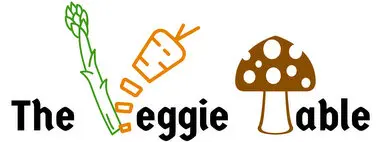If you’re vegan or even vegetarian, you might not be getting enough vitamin B12. There are a lot of myths about this essential nutrient – get the facts here.
Vitamin B12
| Glossary of Vegetarianism and Vegetarian Cuisine |
(noun) A water-soluble nutrient which cannot be reliably obtained from plants. Vegetarians who regularly eat dairy products and/or eggs are far less likely than vegan and raw foodists to be deficient, but the only way to be sure is with lab tests.
Though some foods, like seaweed and mushrooms, may contain trace amounts of B12, these cannot be counted on. In addition, some contain analogs which are structurally similar to, but do not perform the functions of, vitamin B12 and may even delay detection of a B12 deficiency.
In order to ensure adequate consumption of this essential nutrient, vegans and raw foodists – and even many vegetarians – must take a daily or weekly supplement. Other options are fortified foods and Red Star Vegetarian Support Formula nutritional yeast, though both lose some of the nutrient over time, particularly if stored improperly.
Synonyms
vitamin B-12, cobalamin, cyanocobalamin
Also see
nutritional yeast ~ veganism ~ raw foodism
Source
For much more detailed information about vitamin B12, including myths and facts, deficiency symptoms, laboratory testing, and research, see Becoming Raw: The essential guide to raw vegan diets, by Brenda Davis, RD and Vestanto Melina, MS, RD, with Rynn Berry.
